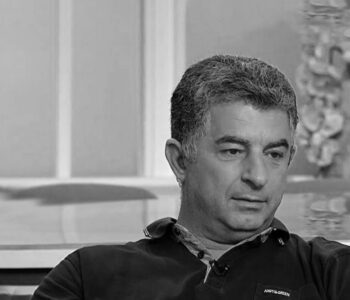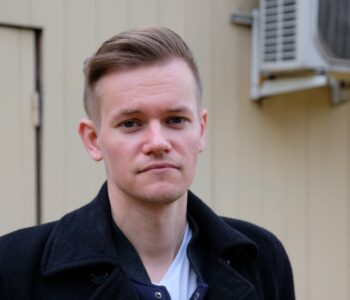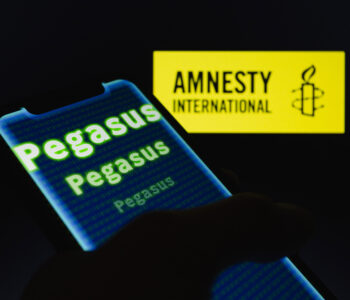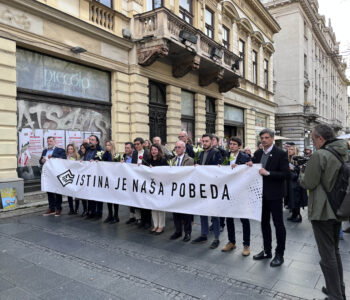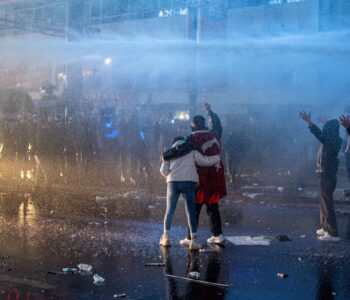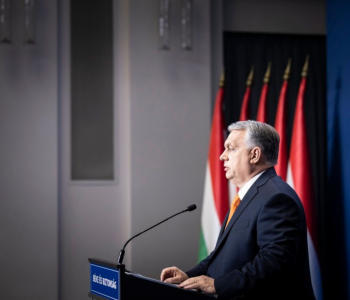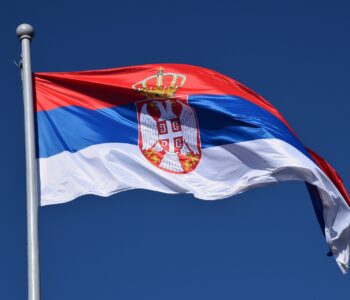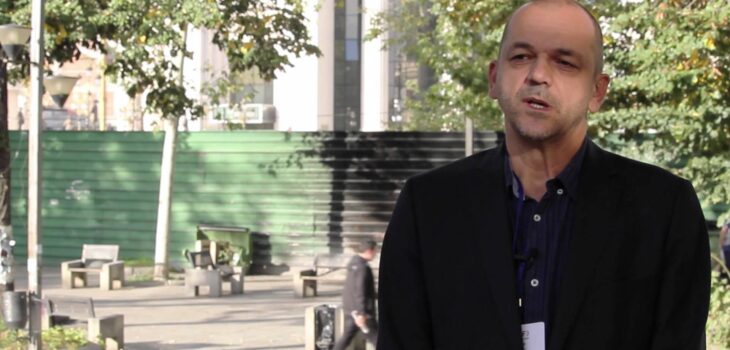
Media in Montenegro – Interview with Mihailo Jovović, editor-in-chief of Vijesti
After the dissolution of Yugoslavia and a transition period, in Montenegro – now a candidate country for EU membership – the evolution of the media landscape continued in parallel with the attempts to accelerate democratic developments.
By Sava Mirković
Originally published by OBCT. Also available in ITA and BHS
According to the latest ranking by Reporters Without Borders on press freedom in the world, Montenegro occupies the 40th place (out of a total of 180 countries taken into consideration), therefore it is positioned quite high compared to the other countries of the post-Yugoslav area. However, the situation is not rosy.
External interference, mainly from Serbia, through media ownership structures, and the pervasiveness of propaganda are just some of the problems plaguing the media sector in Montenegro. While on the one hand the European Commission, in its latest report on Montenegro, considers the level of pluralism of the Montenegrin media landscape to be satisfactory, the Media Ownership Monitor operated by the Global Media Registry highlights some critical issues. Specifically, a high degree of cross-media ownership concentration and a significant risk of political interference in editorial decisions.
The first problem arises from the fact that eight main media companies control 89.5% of the Montenegrin media market (TV, print media, radio, and web portals). The second problematic aspect is linked to a strong polarization of the media, with a clear tendency to align with certain political positions.
The public broadcaster (Radio Television of Montenegro, RTCG) is the main source of information for Montenegrin citizens. The RTCG is currently led by Boris Raonić, appointed for the first time in 2021 with the aim of changing the management framework of the public service, until then allegedly controlled by the Democratic Party of Socialists (DPS). In 2023 Raonić was reconfirmed as head of the RTCG, despite the decision of the High Court which deemed Raonić’s appointment illegitimate due to a conflict of interest.
The new law on public service, approved by the Podgorica parliament on 19 June, addresses the issue of the procedures for appointing the director of the RTCG and has become the bone of contention between the political forces precisely because of Raonić’s re-election.
Also worth highlighting is the issue of safety of journalists which, in Montenegro, is linked first and foremost to the inability (or lack of will) of the competent authorities to conduct adequate investigations and resolve cases of attacks on journalists. The unsolved murder of Duško Jovanović, owner and editor of the newspaper Dan, is one of the main indicators of the impotence of state institutions which, twenty years later, have still not managed to clarify what happened. Cases like this raise concern among citizens, fuel distrust in the judiciary and police forces, and contribute to the creation of a dangerous environment for journalists.
We spoke about this, and much more, with Mihailo Jovović, editor-in-chief of the independent newspaper Vijesti and president of the Commission for monitoring the work of the authorities responsible for investigating attacks on journalists.
This interview was conducted by Osservatorio Balcani e Caucaso Transeuropa (OBCT) as part of the Media Freedom Rapid Response (MFRR), a Europe-wide mechanism which tracks, monitors and responds to violations of press and media freedom in EU Member States and candidate countries. The MFRR is co-funded by the European Commission.

